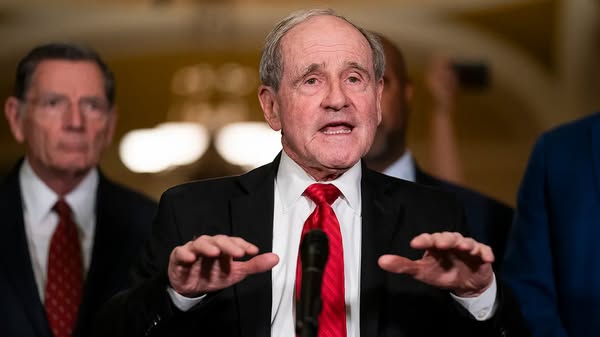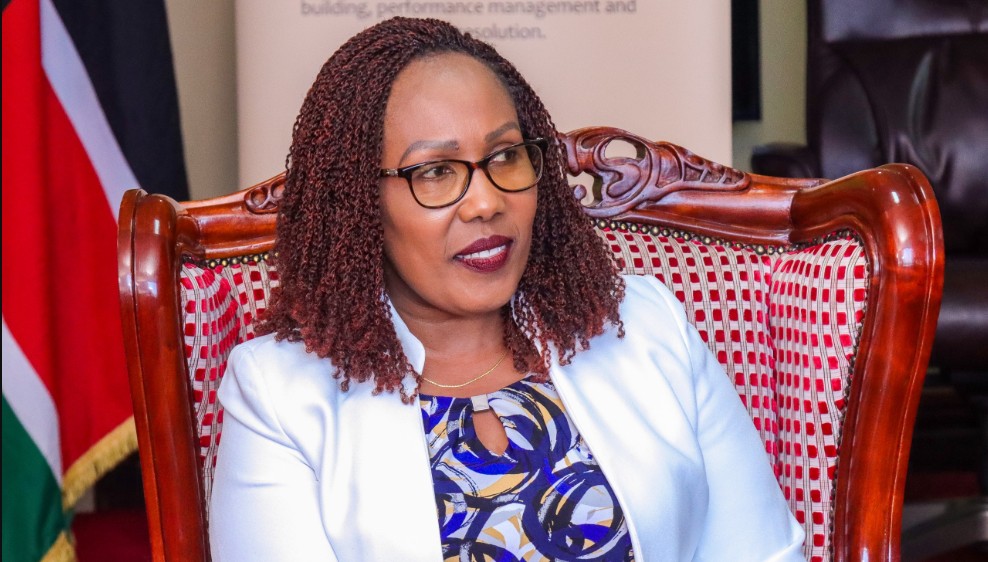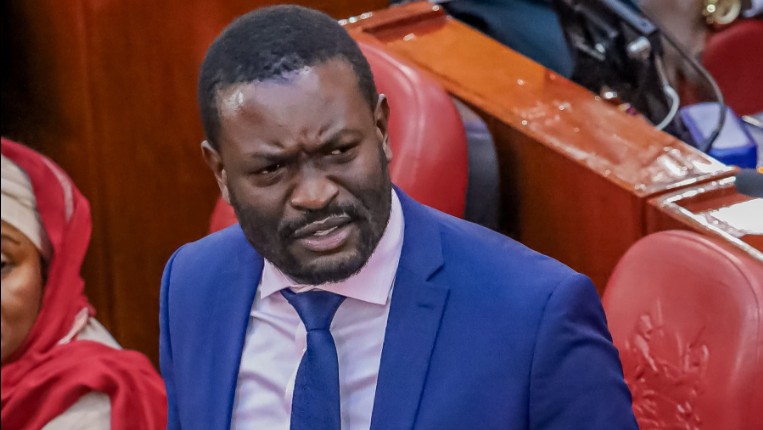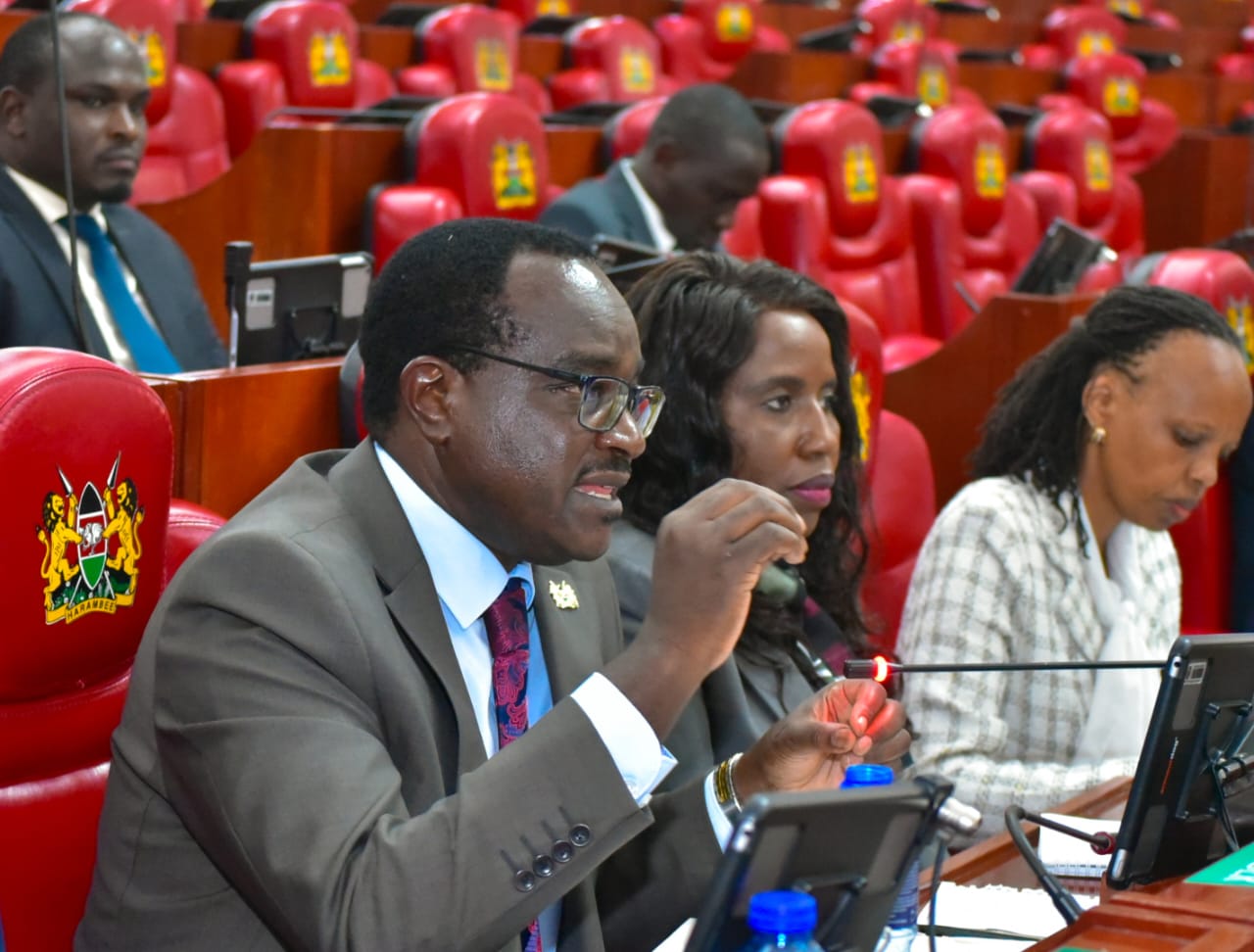IMF approves Sh78 billion loan to Kenya days after criticising UAE funding
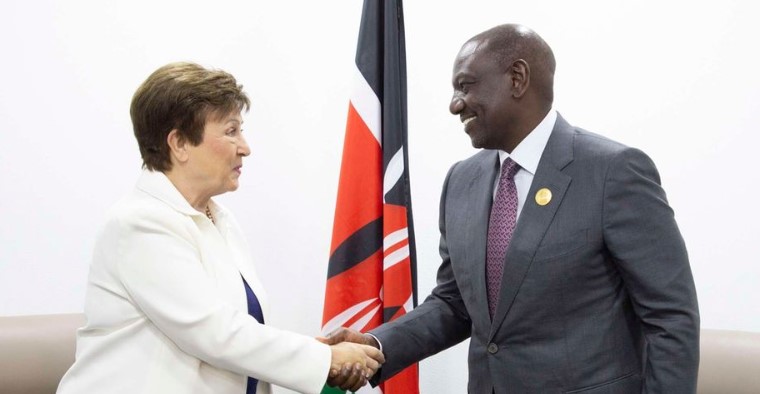
The disbursement comes nearly four days after the International Monetary Fund (IMF) expressed its discontent over Kenya's plans to borrow Sh193.6 billion from the United Arab Emirates (UAE).
The International Monetary Fund (IMF) has approved a significant disbursement of Sh78 billion (US$605 million) to support Kenya in enhancing its fiscal and external buffers while improving resilience to climate-related shocks.
This funding decision is part of the seventh and eighth reviews under the Extended Fund Facility (EFF) and the Extended Credit Facility (ECF), along with a review under the newly established Resilience and Sustainability Facility (RSF).
More To Read
- Sudan’s rebel force has declared a parallel government: What this means for the war
- IMF revises global growth outlook to 3 per cent for 2025
- At least 22 dead in Angola amid protests over fuel price hike
- World Bank unveils Sh16.5 billion initiative to empower Kenya’s vulnerable groups
- Treasury CS John Mbadi explains why State shunned subsidy as fuel prices hike
- World Bank assures Kenya’s debt sustainable if properly managed
Originally approved in April 2021, the EFF and ECF programmes aim to address Kenya's debt vulnerabilities while ensuring that adequate resources are available for essential social and developmental needs.
The RSF, which was approved in July 2023, specifically targets climate challenges and seeks to catalyse private climate finance.
This recent funding follows the resolution of exceptional financing needs earlier this year, which allowed for adjustments in access limits under the EFF/ECF arrangements and a reduction in Kenya's interest payments to the IMF.
Despite some recent improvements, such as the stabilisation of the Kenyan shilling and accumulation of reserves, the IMF has noted that the government continues to face significant fiscal challenges.
These challenges have been exacerbated by a shortfall in tax revenue for the fiscal year 2023/24 and the withdrawal of the 2024 Finance Bill following public protests.
The IMF stated that these factors have hampered efforts for fiscal consolidation. Nonetheless, the organisation acknowledged that the EFF/ECF programme has played a role in reducing inflation and stabilising the exchange rate.
IMF's First Deputy Managing Director Gita Gopinath emphasised the resilience of Kenya's economy, which has maintained growth above the regional average.
However, she also highlighted the necessity for a credible fiscal consolidation strategy to effectively tackle debt vulnerabilities while safeguarding social spending.
"In this context, a difficult adjustment path lies ahead. A credible fiscal consolidation strategy remains central to addressing debt vulnerabilities while protecting social and development spending," Gopinath stated.
She called for reforms aimed at making the tax regime more efficient, equitable, and progressive, while also strengthening accountability, transparency, and efficiency in public finances.
Such reforms are essential for garnering political and societal support.
The disbursement comes nearly four days after the International Monetary Fund (IMF) expressed its discontent over Kenya's plans to borrow Sh193.6 billion ($1.5 billion) from the United Arab Emirates (UAE) as the country forges closer ties with the Emiratis.
IMF had delayed its disbursement, compelling the government to seek alternative funding solutions amid a challenging economic environment, including widespread protests, which led to the withdrawal of the controversial 2024 Finance Bill.
Other Topics To Read
It argued that the UAE debt is costly and is urging Kenya to steer clear of commercial loans in favour of concessional credit from institutions like itself. It further warned that the commercial loan from the Middle East could undermine Kenya's debt management strategy, which aims to secure long-dated debt under more favourable terms.
The ongoing discussions regarding the UAE facility, which is set to be repaid over seven years with an interest rate of 8.25 per cent, are indicative of Kenya’s broader efforts to diversify its financing sources. As Kenya navigates these tumultuous waters, the balancing act between fostering international partnerships and adhering to responsible debt management practices will be crucial in shaping the nation's economic future.
Top Stories Today


